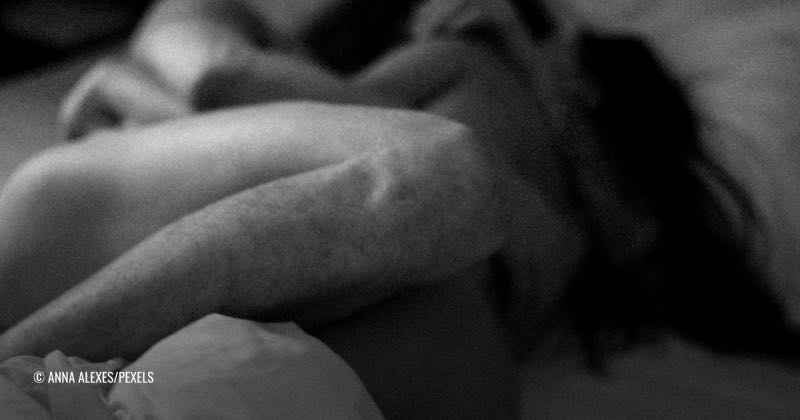If you thought that a fun memory is the only thing that lingers after a fun sesh with your partner, then you’re wrong. A recent study discovered that we leave microbial signatures on people that we sleep with even when using protection like a condom! Curious as to how this would work? Then make sure to keep reading!
How Sex Changes Your Microbiome
A recent study, published in iScience, has revealed that sexual partners leave behind a microbial signature on each other, even if they use condoms. This unique exchange, known as the “sexome,” involves bacterial DNA that persists after a sexy sesh in bed… or other places. Researchers found that even when traditional DNA evidence was absent, distinct microbial traces remained, offering a new way to detect intimate contact.

Microbial transfer happens because the human body is home to trillions of bacteria, fungi, and other microorganisms that make up the microbiome. When two people have sex, these microbiomes will interact, leading to an exchange of microbial material. The study shows that this transfer occurs even when a barrier method, like a condom, is used. This suggests that skin-to-skin contact, sweat, and other bodily fluids all play a role in microbial sharing.
Could These Microbial Signatures Change Forensic Science?
Published in iScience, the study suggests that microbial analysis could be a valuable forensic tool, especially in cases where standard DNA evidence is degraded or missing. Unlike human DNA, which remains stable, microbes change rapidly based on environmental factors and interactions with others. This means that forensic experts could potentially use microbial analysis to determine whether two people had physical contact. And this would even work if no direct DNA is left behind.
Surprisingly, factors like circumcision or pubic hair did not impact microbial transfer. ON the other hand, condom use only reduced, rather than prevented, the exchange. This shows that microbes can spread through more than just genital contact, possibly through skin, saliva, and sweat. While forensic applications are promising, researchers emphasize that more studies are needed to determine how long these microbial traces last and how they vary between individuals.
The Future of Microbial Research
Understanding the microbial signature left behind after sex could have broader implications beyond forensic science. Some scientists speculate that long-term sexual partners may develop a shared microbiome over time. This would also influence immune system function and even susceptibility to certain infections. Future research aims to explore these connections and determine whether the microbial changes caused by sexual activity have any lasting health effects. While there’s still much to uncover, one thing is clear—sex leaves behind more than just memories
Credit:
- Study Credit: iScience
- Featured image: Anna Alexes/Pexels
